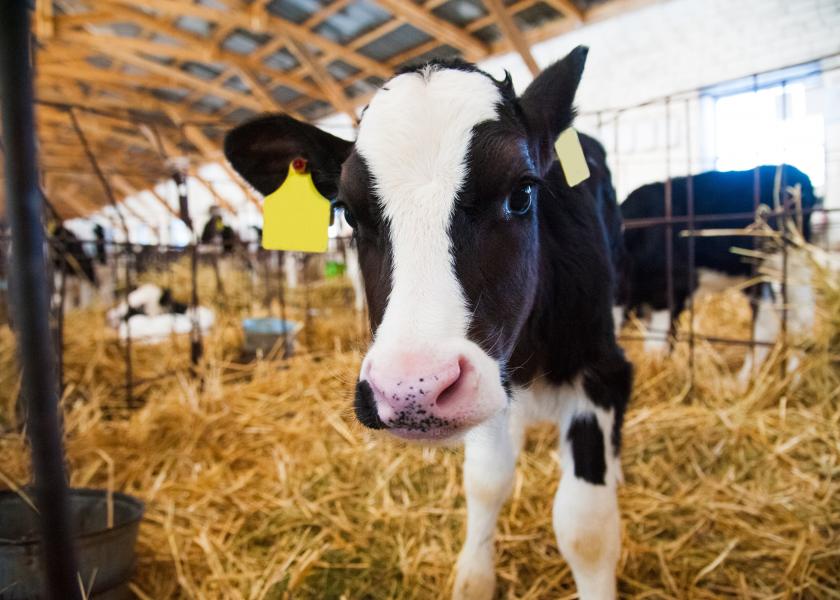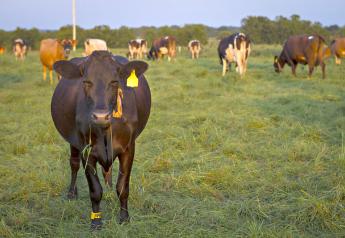U.S. Cattle Industry Faces Emergence of its Own Novel Virus

As if one novel virus wasn’t enough to dominate the headlines and shake up daily habits in modern times, another novel virus recently has emerged in the United States. But unlike COVID-19, this virus primarily infects cattle.
Bovine kobuvirus, or BKV, was identified for the first time in the U.S. by researchers at the University of Illinois in 2019. The virus initially was discovered in Japan in 2003, and since then has been found in eight other countries around the world, including Thailand, Hungary, the Netherlands, South Korea, Italy, Brazil, China and Egypt.
Dr. Leyi Wang, veterinary clinical medical professor at the University of Illinois, and his team discovered the virus in a fecal sample a calf less than 2 weeks old that was submitted to university’s Veterinary Diagnostic Laboratory to test for enteric pathogens. Results of tests for rotavirus, coronavirus, cryptosporidium, and E. coli all were positive. The sample was negative for salmonella.
Using next-generation sequencing technology, the researchers extracted DNA from the sample and found that it closely matched the gene sequences of four bovine kobuvirus strains. The group went on to identify BKV in the intestines of two additional calves that died with diarrhea, along with two more that died of other gastro-intestinal issues, but did not have diarrhea. Wang noted that kobuvirus also can be detected in cattle without diarrhea or other clinical signs of the virus.
While there is not yet direct evidence that proves KBV causes diarrhea in calves, Wang said data from previous studies and his own team’s work suggests that to be the case. He also suspects the virus is highly prevalent in U.S. cattle herds but has been transmitted undetected, largely because virtually no one in North America is looking for it. Global studies suggest endemic prevalence of BKV. One study in Brazil showed the virus was present in 20.9% of calves less than two months of age. Another in South Korea revealed 26.7% of calves less than a month old carried BKV.
Bovine kobuvirus belongs to a family of viruses known as Picornaviradae. This virus family also includes Rhinovirus, which causes head colds and sinus infections in humans; and Poliovirus, which causes polio. It presently is not known whether or not BKV is a zoonotic organism that can pass between animals and humans.
Currently there is no treatment of vaccine for BKV in calves.
Wang emphasized the need for greater diagnostic focus on the disease. “Continued surveillance of bovine kobuvirus is urgently needed to determine how widespread it is,” he stated. “Scientists have access to only a few genetic sequences of this virus in public databases. We need to be sequencing these viruses to learn more about their genetic diversity and evolution.”







